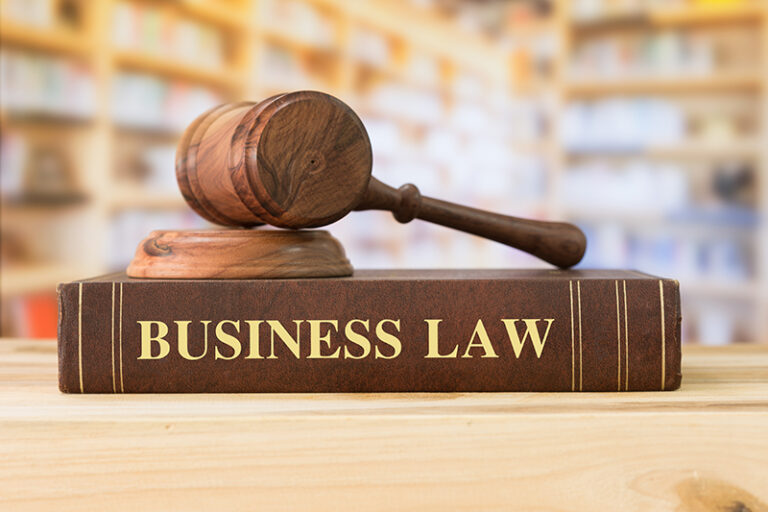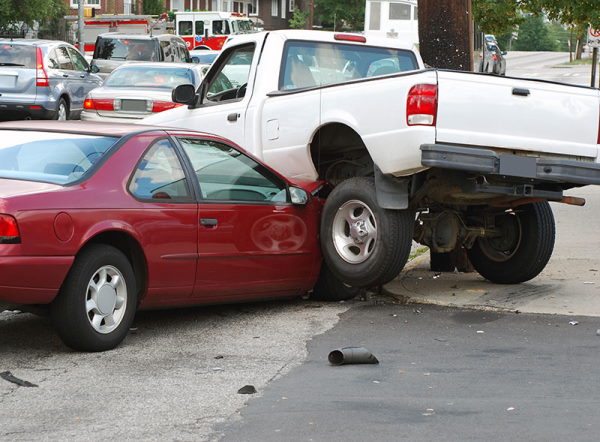- Wrongful Death
Georgia has specific laws that stipulate what happens when someone hurts another due to a negligent/reckless action. These laws all fall under the term “personal injury.” They include medical negligence, car accidents, premises liability, defective products, negligent security, dog bites, etc. However, these cases can deteriorate into wrongful death claims requiring help from a wrongful death attorney in Douglasville.
There are some similarities between personal injury claims and wrongful death cases. For example, both cases involve negligence that has led to someone else’s injuries. There are also similarities in the type of compensation the claimant receives. However, there are significant differences that intending claimants must learn to make the right decisions in their cases.
In this article, you’ll learn how Georgia defines wrongful death. You’ll also discover all you need to know about wrongful death claims in the state. If you need personalized advice on dealing with your situation, contact the legal team at Hartley, Rowe, and Fowler.
What Does “Wrongful Death” Mean in Georgia?
A wrongful death claim arises in Georgia when someone dies unnaturally due to someone else’s negligence or criminal act. One primary difference between homicide and wrongful death is the consequences for the negligent party.
While wrongful death is a civil matter resulting in damages, homicide is criminal and leads to jail time, fines, etc. Sometimes, a death by negligence results in criminal and civil actions, and the defendant will face both simultaneously.
These are the elements of a wrongful death case in Douglasville:
-
Duty of Care
The first element to prove in a wrongful death case is the duty of care. Duty of care is the legal responsibility a defendant has to act in ways that keep others safe from harm. Defendants can do this by performing some actions or refusing to engage in some activities.
The law imposes the duty of care on individuals depending on the peculiar circumstances. For example, Georgia laws impose a duty of care on every motorist plying the road. They must consider other road users as they drive.
Generally, once you attempt an activity that can reasonably harm someone else, you have a duty of care towards that person.
-
Breach of Duty
Breach of duty happens when the at-fault parties fail to implement their duty of care. This is typically through carelessness, even though it can also be intentional.
Generally, the law uses a “reasonable person’s test” to determine whether the negligent party breached their duties. The question is, “what will a reasonable man have done in the same circumstances?”
For example, in a car accident case, a reasonable man has the duty of paying attention to the road. Doing otherwise means endangering the lives of others and breaching your duty of care towards them.
-
Causation (Fault)
While breaching a duty of care can potentially hurt someone else, it doesn’t always happen that way. In some cases, the deceased may have been extra careful to avoid the impending danger from the defendant’s reckless actions.
In such a case, you can not establish wrongful death or even personal injury. That’s even when they die a few minutes after, say, from an underlying medical condition. For an action to constitute wrongful death, it must be the proximate cause of your loved one’s demise. So the question to ask here is, “is the defendant at fault for the deceased’s death?”
-
Damages
Damages mean that the defendant’s actions hurt you in one way or another. This element is pretty easy to prove in wrongful death cases by showing that the affected person died. Someone’s untimely death typically affects their loved ones emotionally, mentally, financially, and otherwise.
Who Can File a Wrongful Death Claim or Lawsuit?
When someone dies unlawfully, it can inflict pain on acquaintances, friends, family, and loved ones. However, not all of them can file a wrongful death claim. The state of Georgia only allows these persons to file a wrongful death claim/lawsuit against the negligent party:
- The deceased’s surviving spouse
- Where there’s no surviving spouse, the decedent’s surviving child/children
- If there are no surviving children, the deceased’s parents
- The decedent’s estate administrator or executor where the above parties don’t exist.
Note that under Georgia’s laws, the dead person’s siblings cannot file a wrongful death claim.
How Much Time Do I Have to File a Wrongful Death Action?
If you intend to file a wrongful death claim in Georgia, you must do so early enough. If you wait too long, the Statute of Limitations can bar you from seeking compensation. Georgia’s Statute of Limitations for wrongful death cases is two years from the date of death.
However, if there’s an ongoing criminal proceeding on the same matter, time starts counting from when the case concludes. Meanwhile, the claimant cannot exceed six years from the date of death to file a suit. The law can also suspend the Statute of Limitations for some time if the deceased person’s estate hasn’t been admitted to probate.
What Damages Will I Get in a Wrongful Death Claim?
Claimants in a wrongful death case can get the following types of compensation for their losses:
- Medical expenses accrued when the deceased was undergoing treatment
- Lost wage
- Burial/funeral expenses
- Non-economic damages—loss of consortium, emotional distress, lost care and companionship, etc.
- Other expenses resulting from the decedent’s injury or death
Put a Call Through to Us ASAP!
Did the death of a close family member hurt you? Was the cause of death a result of someone else’s negligence or intentional act? If you’ve answered yes to both questions, you deserve compensation for your loss.
While money can’t heal the pain, it can help to know that the negligent party paid for their wrongdoing. It will also ensure that you don’t lose money while mourning someone dear to you.
Our Douglasville personal injury attorneys at Hartley, Rowe & Fowler can help you. We understand your pain and will do everything possible to get you justice. Contact us immediately for a free case evaluation. We’ll give your case the maximum attention that it deserves.







